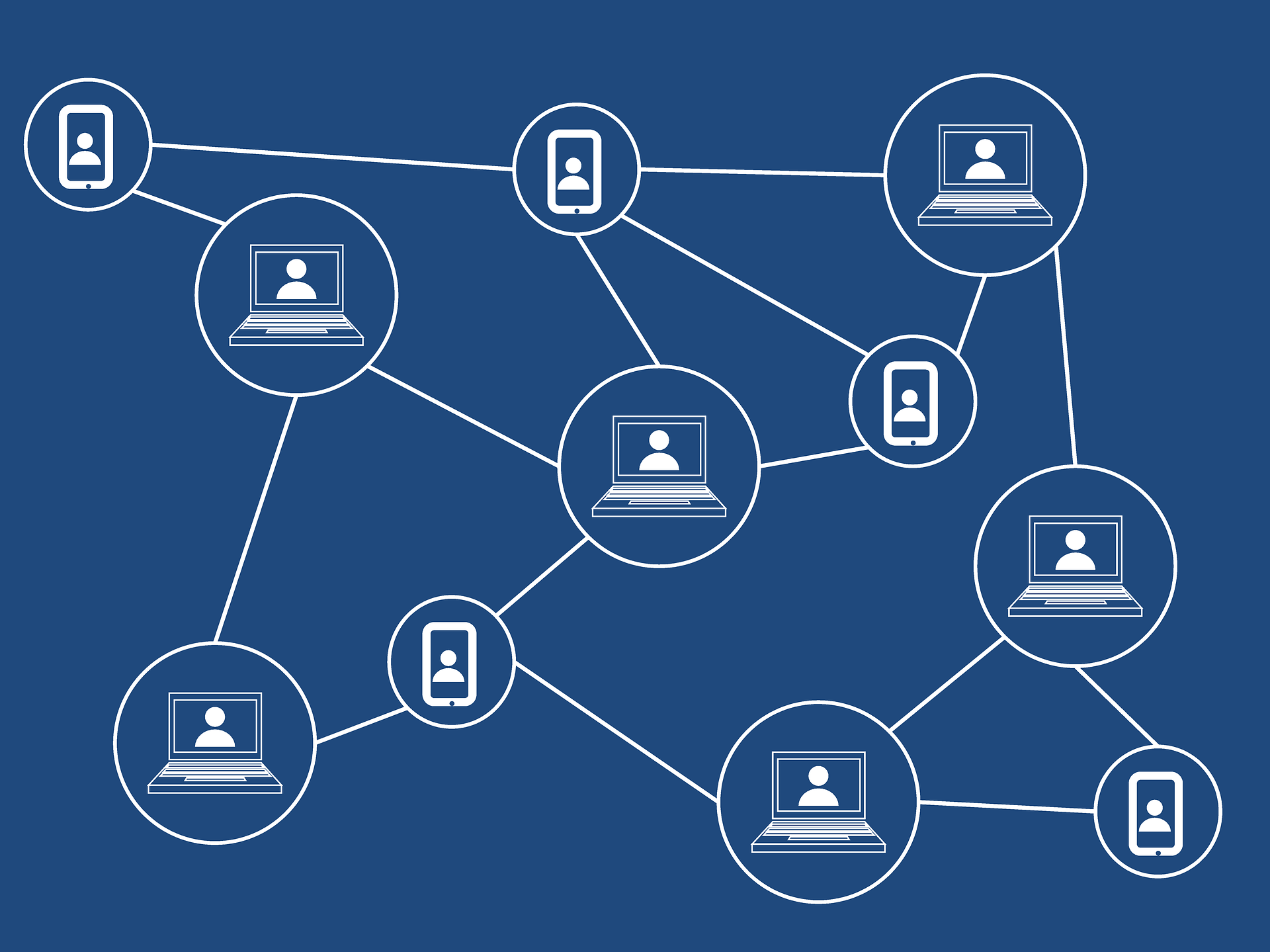As debate rages upon the subject of gun control, a professor at Washington State University has suggested using blockchain technology to make an impact.
The topic of gun control has become a hot topic once again in the United States due to the recent school shooting in Florida. As pundits from both ideological sides of the issue rage back and forth, a new wrinkle has emerged: blockchain technology. A professor of public health at Washington State University has proposed using the blockchain to help address the issue.
Firearms and Blockchain
The professor, Thomas Heston, has floated the idea of using the blockchain to create a database to track firearm information. In a paper, Heston writes that people who own a gun can upload their information to an electronic gun safe. This data would be tied to the individual’s biometric data, like their fingerprint.
This blockchain-based database would then be used to track the creation and sale of guns, and the data would be instantly verifiable. Heston says that this approach would protect the information of gun owners from being hacked and reduce gun-related injuries. Another benefit would be that it would boost the accuracy of background checks.
Heston does say that there are certain challenges facing the use of blockchain technology in regards to gun control on a national level. He says:
Like any new technology, blockchain has to be developed. One potential risk of the plan might be an initial cost of implementation. Another potential risk, I think, is a fragmented system, because you are going to have a state-by-state thing that will actually hinder the sharing of information. So, the federal government will have to take a leadership role in it.

Heston is not alone in his reasoning. A company that provides blockchain-based supply chain solutions, Blocksafe, has created an app for tracking guns. The founder of Blocksafe, Kevin Barnes, states:
Decentralized applications (DApps) can be developed in a way that greatly benefits companies in the gun industry. For example, a third-party device is created by a manufacturer. They could install a custom-built DApp onto it, so the manufacturer can easily track its inventory and distribution.
Pros and Cons
There are some definite pros and cons to using the blockchain to impact gun control via national registration. It would make background checks more accurate. Currently, up to 3,000 people a year manage to pass a background check even though they should not. Proponents argue that it could also lower gun theft and misuse in areas that are plagued with crime as a weapon could be quickly traced.
However, there are those who are opposed to using the blockchain in such a manner. The state of Arizona passed a law that banned the use of any decentralized technology to track guns. Their reason is that of privacy. Nick Schroer, a Missouri state representative, has filed a similar bill in his home state. He says the following when addressing privacy concerns:
Legislative members are still incredibly uneasy with the thought of a third party or a ‘big brother’ monitoring how many shots you take at different points of time. The individuals in Missouri whom I’ve talked to, whether they own guns or not, still deeply believe in privacy.

Those against the Missouri bill say that those managing the databases will ensure the privacy of gun owners. This rationale is dismissed by many gun owners as they point to Rockland County, New York. A local paper used public information to find out who owned handguns in the county by looking at the registration data. The paper then published a map, along with the names and addresses, of the gun owners on their website. The same later happened to gun owners in New York City. Those listed felt that their safety had been impacted as criminals might target their homes in order to steal a firearm.
Another long-standing worry about gun rights activists is that registration will lead to confiscation. Those advocating for registration say that such is not the case, but it has happened before. National registration was passed in both England and Australia, with the promise that a confiscation would never happen. In both instances, the national government used the registration lists to confiscate firearms after passing a law banning them.
Overall, the introduction of blockchain technology to the gun control debate adds an interesting wrinkle to an already contentious topic. There appears to be legitimate arguments for both sides of the issue in regards to a blockchain-based database. However, such an endeavor would have to be pushed by the federal government as each state has their own unique laws.
Do you think a blockchain-based database for firearms is a good idea? Are the privacy concerns warranted or not? Let us know in the comments below.
Images courtesy of Pixabay, Bitcoinist archives, and Pxhere.
The post Could Blockchain Impact Gun Control? appeared first on Bitcoinist.com.

Bitcoinist.com is author of this content, TheBitcoinNews.com is is not responsible for the content of external sites.
Our Social Networks: Facebook Instagram Pinterest Reddit Telegram Twitter Youtube











